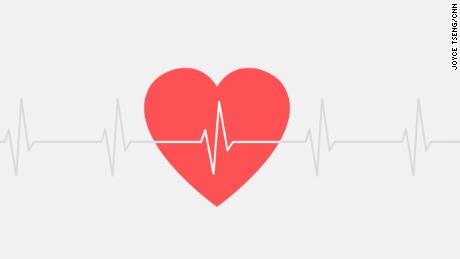by Kelly Miller
FAYETTEVILLE, Ark.–This month marks National Heart Health Month which highlights an issue that college students on campus normally do not concern themselves with. People ordinarily assume heart disease only concerns people who are overweight or
According to the study, more than one-half of young adults have at least one coronary heart disease risk factor. Risk factors include high blood pressure, high cholesterol and smoking, which is why older people are associated with heart disease.
However, the 2014 study examines the lifestyles of college students on campus and identifies unhealthy risk factors in the average student’s lifestyle. One of them is the availability of fast foods and restaurants on campus. According to the study, college students gain weight 11 times faster than young adults not in college during the first semester. “With healthy foods, it’s long lines and the expense is greater. For college students, it’s not convenient,” said Danielle Darvin a student worker at the union.
Another risk factor students should not dismiss is energy drinks. WebMD reports that energy drinks can cause unhealthy changes to heart rhythm and blood pressure that drinking other caffeinated beverages does not cause.
Smoking can also damage the blood vessels and cause heart disease later in life. According to the Center for Disease Control, it’s one of the top three risk factors for coronary heart disease.
People shouldn’t forget to exercise. The CDC requires adults to get at least 150 minutes of moderate activity a week. According to the CDC, only one in five adults meet this minimum requirement.
The Advances in Nutrition Medical journal said 80 percent of heart disease is preventable by healthy lifestyle choices. The study states young adults are ideal targets for prevention because they are still developing lifestyle habits.
Mary Alice Serafini, the executive director of Pat Walker Health Center said, “we always check heart at every single appointment. Our basic screening would show up any risk that a student might be experiencing.”


